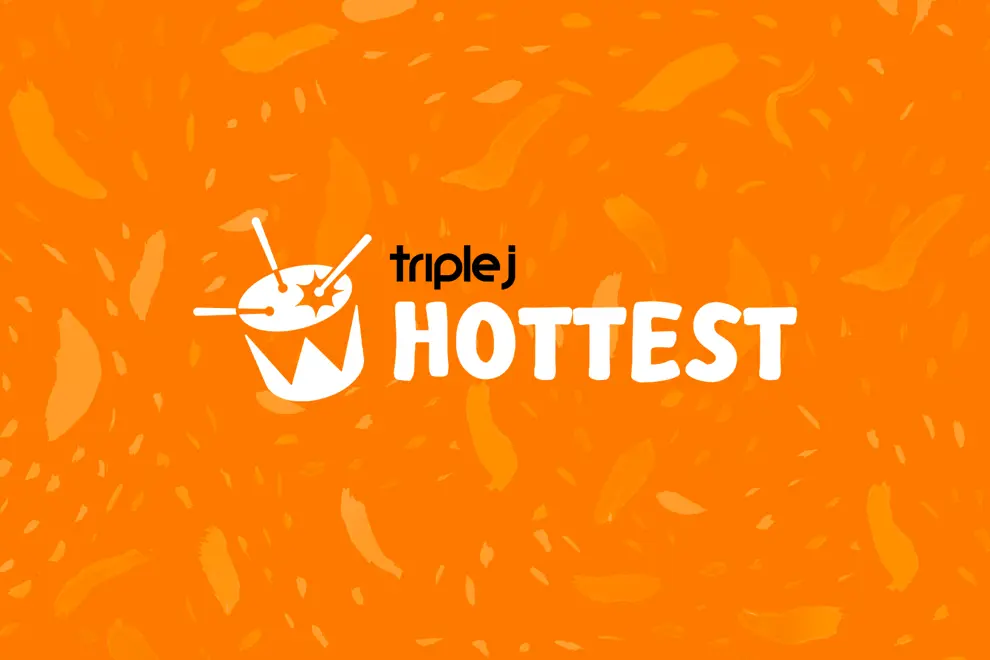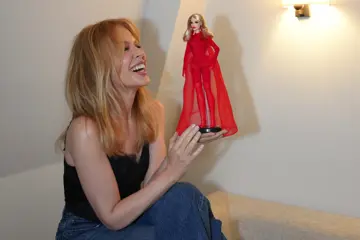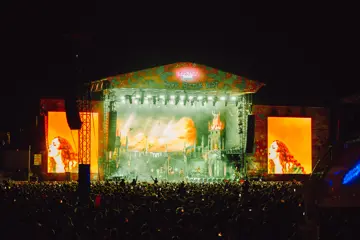On the day that voting closes for triple j’s Hottest 100 of Like A Versions, the national youth broadcaster has introduced its new station, triple j Hottest.
You have two hours to get your votes in before it closes at noon AEST with the Hottest 100 of Like A Version playing on triple j and Double J on Saturday, 15 July, at noon AEST. For the songs to be eligible, they must have been performed on Like A Version until 30 November 2022.
Triple j Hottest will launch on Monday, 17 July, at 9:30 am AEST. As the title suggests, the station only features songs listeners have selected for triple j Hottest 100 countdowns of the past. The triple j Hottest station will be available to listen to 24 hours a day online through the triple j or ABC Listen apps.
You won’t need to debate the classic “shoulda been higher,” just listen to the Like A Version hits you know and love.
The triple j Hottest 100 of Like A Versions will air on the radio, stream on the triple j or Double J website, via the triple j app, or Instagram and TikTok. Plus, the broadcaster will live-stream the entire countdown for the first time via the triple j YouTube channel.
Don't miss a beat with our FREE daily newsletter
This year marks the 20th anniversary of the now-iconic early morning Friday segment, with over 800 Like A Versions available for fans to vote for. It’s also the 30th anniversary of the Hottest 100, hence the extra celebrations.
Lissie Turner created Like A Version under the name Mel Bampton in 2004. On ABC’s look back on all things Hottest 100, she revealed that the original concept title was Wrong Way To The Top.
“As the name suggests, it was very much about really terrible AC/DC covers, of which there are thousands. And what ended up happening over time through Wrong Way To The Top is that I started to discover a lot of really fantastic covers,” Turner said.
She added, "For me, it was very much born from this metamorphosis of letting go of this purist idea that covers were no good, [and] realising that you could actually see more deeply into an artist through the songs that they not only loved, but they loved to play."
















